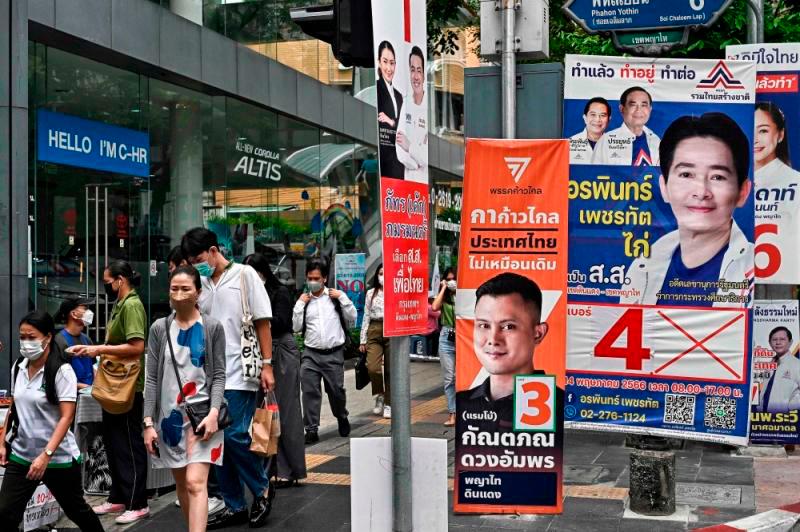BANGKOK: The peace talks in southern Thailand are a national objective to secure peace in the southern provinces and end the two-decade conflict and they will continue despite the change of administration.
In the midst of a period of political transition in the country, according to General Wanlop Rugsanaoh, head of Thailand’s Peace Dialogue Panel for the Southern Border Provinces, it is crucial to maintain the momentum of the peace negotiations moving forward.
In order to ensure that the peace negotiations continue without interruption until a new administration is created, he said that his team is accelerating coordination with all pertinent parties.
“I would like to reassure you that despite the government change, the peace dialogue will continue to be a national agenda with the objective of fostering peace in the southern provinces,” he said.
On the joint comprehensive plan towards peace (JCPP), a roadmap that aim to achieve a final peace agreement by the end of 2024, Wanlop said both parties have reached an agreement to collaboratively develop the roadmap in a comprehensive and inclusive manner to facilitate the progress of the dialogue.
However, he said there is a possibility of extending the timeline as the Barisan Revolusi Nasional (BRN), the most influential armed group in the south, announced a suspension of talks pending the May 14 General Election and the forming of a new government.
“We are working toward the ultimate goal of achieving the agreement by December next year,” he said.
Earlier, BRN announced that talks will be placed on hold until the formation of the new government.
Based on the timeline observed during the 2019 General Election, it took around three months for a new government to be formed. The peace talks may only resume in September or later.
The May 14 General Election saw the ruling coalition suffering defeat.
The coalition led by the progressive Move Forward Party which won the election said it would prioritise peace in the south.
In its 23-point Memorandum of Understanding (MoU), the eight-party coalition would collaborate on the process building of building sustainable peace in the southern border provinces, considering human rights, coexistence in a multicultural society, participation of all sectors, and reviewing the missions of agencies and laws related to security.
Move Forward Party’s leader and prime ministerial candidate, Pita Limjaroenrat said the peace process will be led by civilians, replacing the military’s leading role in the negotiations process with greater public participation.
The peace negotiation process between the Thai government and the BRN aims to find a solution to end the conflict that flared up in January 1994 in the southern provinces of Narathiwat, Yala, Pattani, and parts of Songkhla.
Malaysia is the facilitator for the peace negotiation process to end the decades-long conflict that culminated in January 2004 in the southern provinces of Narathiwat, Yala, Pattani and parts of Songkhla. Former chief of defence force Tan Sri Zulkifli Zainal Abidin is the facilitator.
Statistics by the independent monitoring group Deep South Watch indicate an unrelenting cycle of violence in southern Thailand, starting in 2004, has claimed more than 7,000 lives so far.- Bernama















